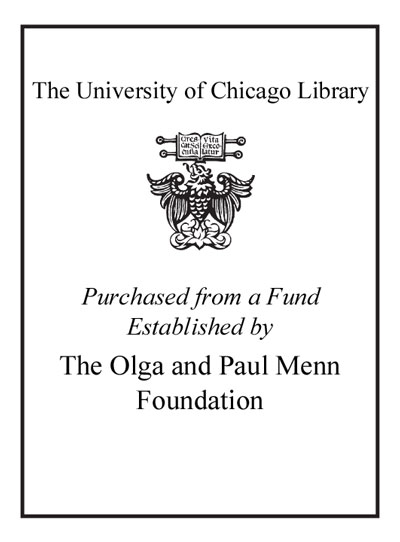Review by Choice Review
One would think that after two Cash autobiographies (Man in Black, 1975; Cash, 1997), and several authorized and unauthorized biographies, there would be no more to say about the singer-songwriter. Streissguth proves otherwise. He interviewed numerous Cash family and friends and music-industry figures (though, tellingly, never Cash himself), and presents more interesting, potentially significant details about Cash's restless, driven, creative, drug-addicted life than have ever before been gathered between two covers. Ambitious, if in places pretentious (the author repeatedly works up his subject only to anticlimax), the book offers provocative interpretive themes but does not integrate them into a unified portrait. The reader is left with clues but no clarity. Ultimately, Streissguth resorts to presenting Cash (1932-2003) as cycling between periods of musical creativity and power, and addiction and weakness. Though in failing to understand and give sufficient weight to the fundamentalist Christian narrative that haunted Cash's life (and organized it in his own mind), Streissguth misses an opportunity to make the kind of sense of Cash's life that made most sense to Cash himself. This is an interesting, important, if flawed book about an interesting, important, and flawed American original. Summing Up: Recommended. With reservations. Graduate students, researchers. J. T. Titon Brown University
Copyright American Library Association, used with permission.
Review by Booklist Review
Country music historian Streissguth's biography is admirably thorough. Besides the drug-crazed demon Cash too often became on the road--and he was on the road as much as possible until disease and decrepitude disabled him in the 1990s; one of his daughters recalls that after more than three or four days at home, he would be beside himself with restlessness--Streissguth portrays a craftsmanly performer concerned with what his music expressed. Cash was an advocate for the poor and oppressed, a patriot of pioneer America, and a committed Evangelical Christian. Accordingly, he sang about dirt farmers (his own family background), prisoners, outlaws bad and good, and salvation in Jesus Christ. He opened himself to the influence of other performers, most notably Bob Dylan, whom the country music business in general distrusted, to expand not only his repertoire but also the audience for his messages. He succeeded in grabbing new listeners for all but his Christianity, and the poor reception of his record-album and film The Gospel Road 0 keenly disappointed him (Streissguth implies that it is one of Cash's best personal 0 achievements). Streissguth leaves us mightily impressed with the volume of Cash's work and the convictions that animate it, and perhaps even more impressed by Cash's endurance of his own self-destructiveness. Streissguth essays no psychological or sociological explanations for Cash's behavior, which is perhaps just as well. Despite many poor word choices, slips into publicity-speak, and a tendency to glorify too much of Cash's music, Streissguth gives everyone interested in Cash a very satisfying book about him. --Ray Olson Copyright 2006 Booklist
From Booklist, Copyright (c) American Library Association. Used with permission.
Review by Publisher's Weekly Review
An American legend's biographer must keep the story compelling and fresh, inserting new interviews, revealing details and a delicate balance of respect and criticism. Streissguth (Johnny Cash at Folsom Prison) delivers all three elements with unflinching insight into the Man in Black's life and career, drawing from the archive of Cash's former manager, the late Saul Holiff; extensive interviews with Cash's longtime record producer and collaborator, Jack Clement; the only surviving member of the original Johnny Cash and the Tennessee Two, bassist Marshall Grant; and numerous childhood friends and family members. Unlike the 2005 film Walk the Line, which concludes with a clean and sober Cash, this book examines the singer's continued substance abuse well into the '70s and '80s, chronicling also the singer's dedication to Christianity, his extramarital dalliances, his reliance on outside songwriters and his banishment to the tourist haven of Branson, Mo. Streissguth writes with elegance, even when citing conflicting information and details that taint Cash's image. His treatment of Cash's relationship with wife June Carter Cash, who preceded her husband's 2003 death by five months, is particularly revealing. The author also weaves his own observations and reviews of the man's work into the text and sustains interest throughout-even though readers already know how this story ends-making this an exemplary music bio for fans of the man, the music or the genre. (Sept.) Copyright 2006 Reed Business Information.
Review by Choice Review
Review by Booklist Review
Review by Publisher's Weekly Review

